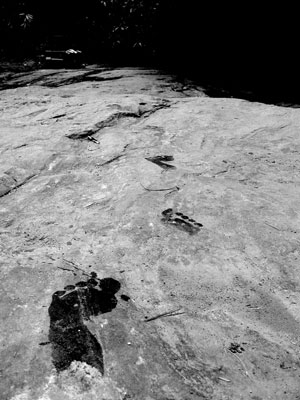All Nonfiction
- Bullying
- Books
- Academic
- Author Interviews
- Celebrity interviews
- College Articles
- College Essays
- Educator of the Year
- Heroes
- Interviews
- Memoir
- Personal Experience
- Sports
- Travel & Culture
All Opinions
- Bullying
- Current Events / Politics
- Discrimination
- Drugs / Alcohol / Smoking
- Entertainment / Celebrities
- Environment
- Love / Relationships
- Movies / Music / TV
- Pop Culture / Trends
- School / College
- Social Issues / Civics
- Spirituality / Religion
- Sports / Hobbies
All Hot Topics
- Bullying
- Community Service
- Environment
- Health
- Letters to the Editor
- Pride & Prejudice
- What Matters
- Back
Summer Guide
- Program Links
- Program Reviews
- Back
College Guide
- College Links
- College Reviews
- College Essays
- College Articles
- Back
Just in Case
Just in case.
Isn’t that what we all think, when we do something unnecessary—just in case the car breaks down, or the phone dies, or a million other things? That irrational fear is demonstrated in the phenomenal story by Andria Wu in the story “Just in Case.”
The piece shows just how much the imagination influences your decisions. Wu does an amazing job depicting the fear you can get when alone in the woods on a day when the sun gives no warmth. The protagonist is walking in the woods on a day covered in snow, and leaves a long trail of footsteps “just in case.” Then, s/he spots a “shiny,” and, when the character wades over to a key with no indication of how it got there, s/he starts envisioning what must be under it. It can’t have fallen from the sky, because then it would’ve sunken into the snow, and there were no marks around it, so something had to be under it.
Maybe it’s a man.
A dead man, blue with the cold, who will chase the bearer of the key if it’s taken from around his neck.
The character stumbles back to the sidewalk, head swimming with these visions, and leaves another trail behind. Just in case.

Similar Articles
JOIN THE DISCUSSION
This article has 0 comments.
